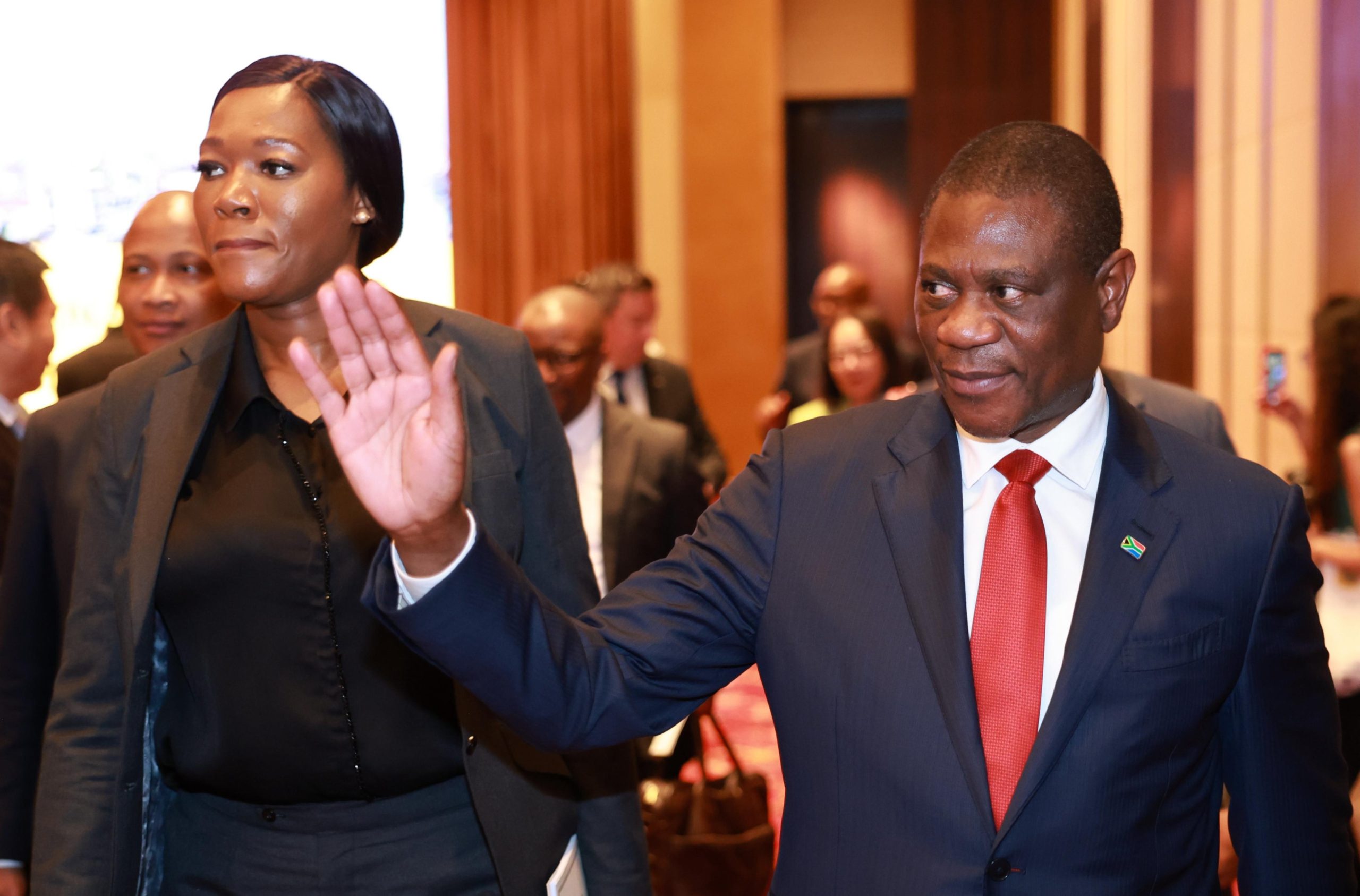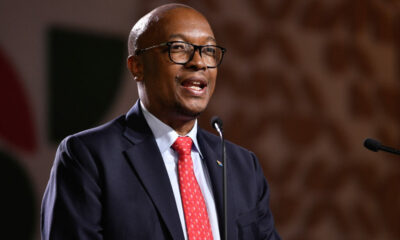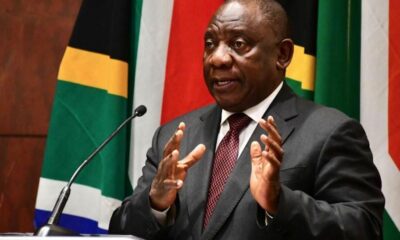Business
Deputy president urges Chinese firms to help rebalance South Africa’s $9.7bn trade gap

Mashatile to China: Invest More, Trade Fairly
South Africa’s trade relationship with China has long been one-sided and Deputy President Paul Mashatile is making it clear that it’s time for change. Speaking at the South Africa-China Investment Forum in Beijing, Mashatile extended an open invitation to Chinese companies: invest in South Africa, but do so in a way that builds a more equal partnership.
And the numbers tell the story. From a modest trade deficit of under $1 billion between 1988 and 2000, South Africa’s trade imbalance with China has exploded to a staggering $9.71 billion by 2023.
Raw deals and raw materials
So why is the gap so wide? In short: South Africa sends out minerals and raw materials, and buys back finished goods. It’s a pattern Mashatile wants to shift, away from exporting raw resources, and toward value-added exports that drive job creation and innovation.
“We need a more coordinated and strategic approach,” Mashatile said, pointing to tariff and non-tariff barriers, distance, and international competition as obstacles that need to be overcome to gain better access to the Chinese market.
A new kind of investment
But Mashatile wasn’t just focused on the problem, he came with solutions. He pitched Special Economic Zones (SEZs) across South Africa as a golden opportunity for Chinese investors, offering benefits like reduced taxes, lower energy costs, and fast-track access to land and water. These zones, he said, are perfectly positioned to support growth in green industries, tech manufacturing, logistics, pharmaceuticals, and digital infrastructure.
Mashatile also promoted South Africa’s infrastructure investment plan, which includes everything from water and energy projects to roadworks, broadband, and agriculture, all backed by the state’s Infrastructure Fund. Chinese participation in these sectors, he argued, could not only boost trade but create thousands of jobs locally.
China’s footprint in SA
China’s presence in South Africa is nothing new. Companies like Huawei and ZTE are already established here. Hi-Sense, a major electronics player, entered the local market in 1997 and opened an industrial park in 2013. The Industrial and Commercial Bank of China (ICBC) invested $5.5 billion for a 20% stake in Standard Bank, South Africa’s largest lender.
In the last decade, 48 Chinese firms have collectively invested over $11.69 billion in South Africa. Mashatile wants to see more of that, but in industries that offer long-term benefit for South Africans too.
Why this matters now
The timing of Mashatile’s speech is important. With both China and South Africa navigating rising global tariffs, especially from the US, both countries need stronger intra-BRICS cooperation to stay competitive. But for that to work, the trade relationship must be more equitable.
On social media, reactions to Mashatile’s message were mixed. Some South Africans applauded his assertiveness, saying it’s about time we stopped giving away raw wealth for a quick buck. Others questioned whether foreign investors — especially from global powerhouses like China would actually commit to meaningful local development, or just continue to extract and export.
A two-way street
At the heart of Mashatile’s message was this: South Africa is open for business, but not on the same old terms. The country wants greenfield investment, technology partnerships, and mutual growth, not dependency.
It’s a bold ask, and the ball is now in China’s court. Whether they respond with real commitment or more of the same could shape the future of South Africa’s economy for decades to come.
{Source: IOL}
Follow Joburg ETC on Facebook, Twitter , TikTok and Instagram
For more News in Johannesburg, visit joburgetc.com



























